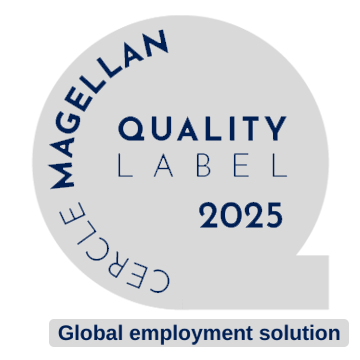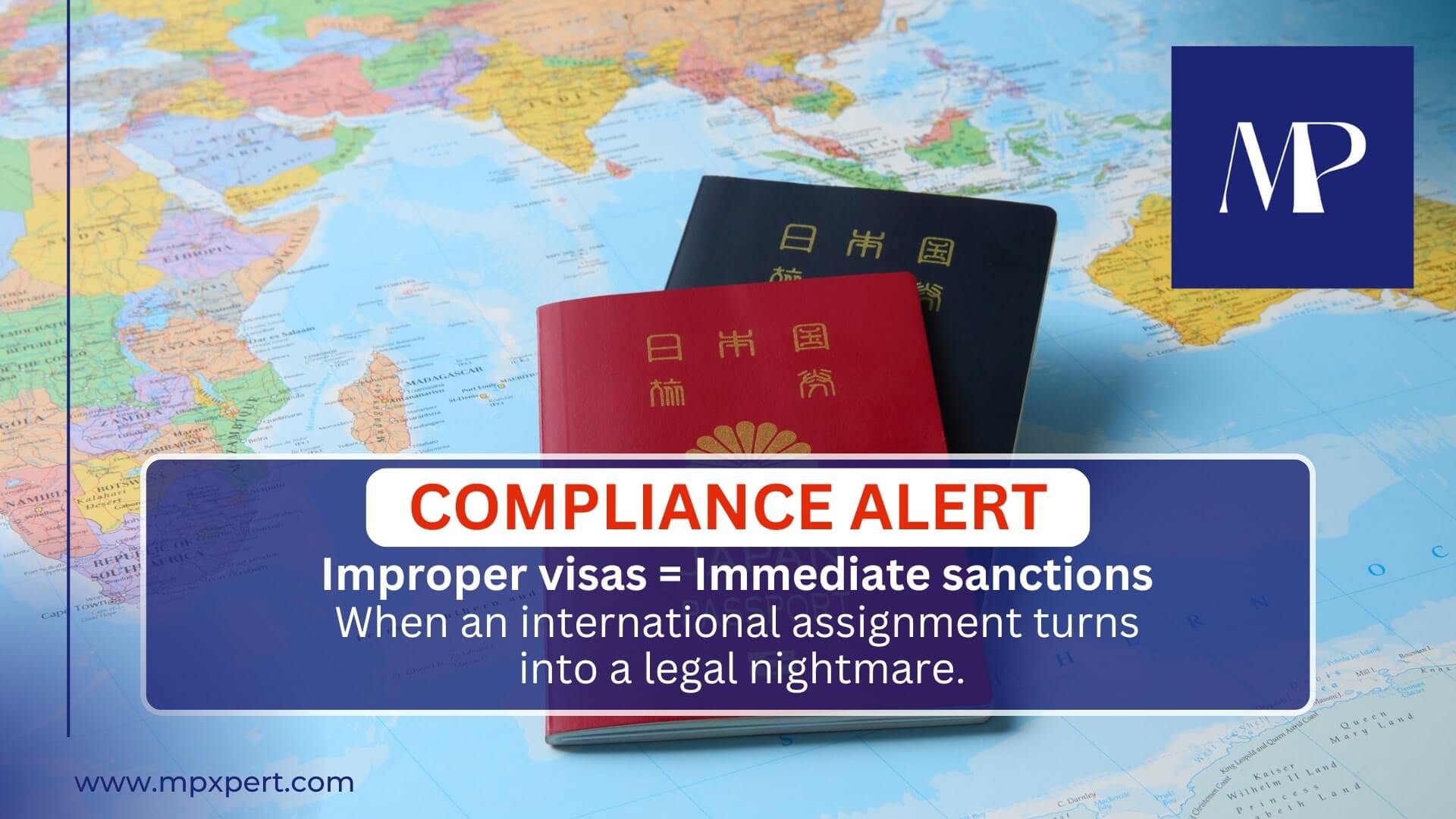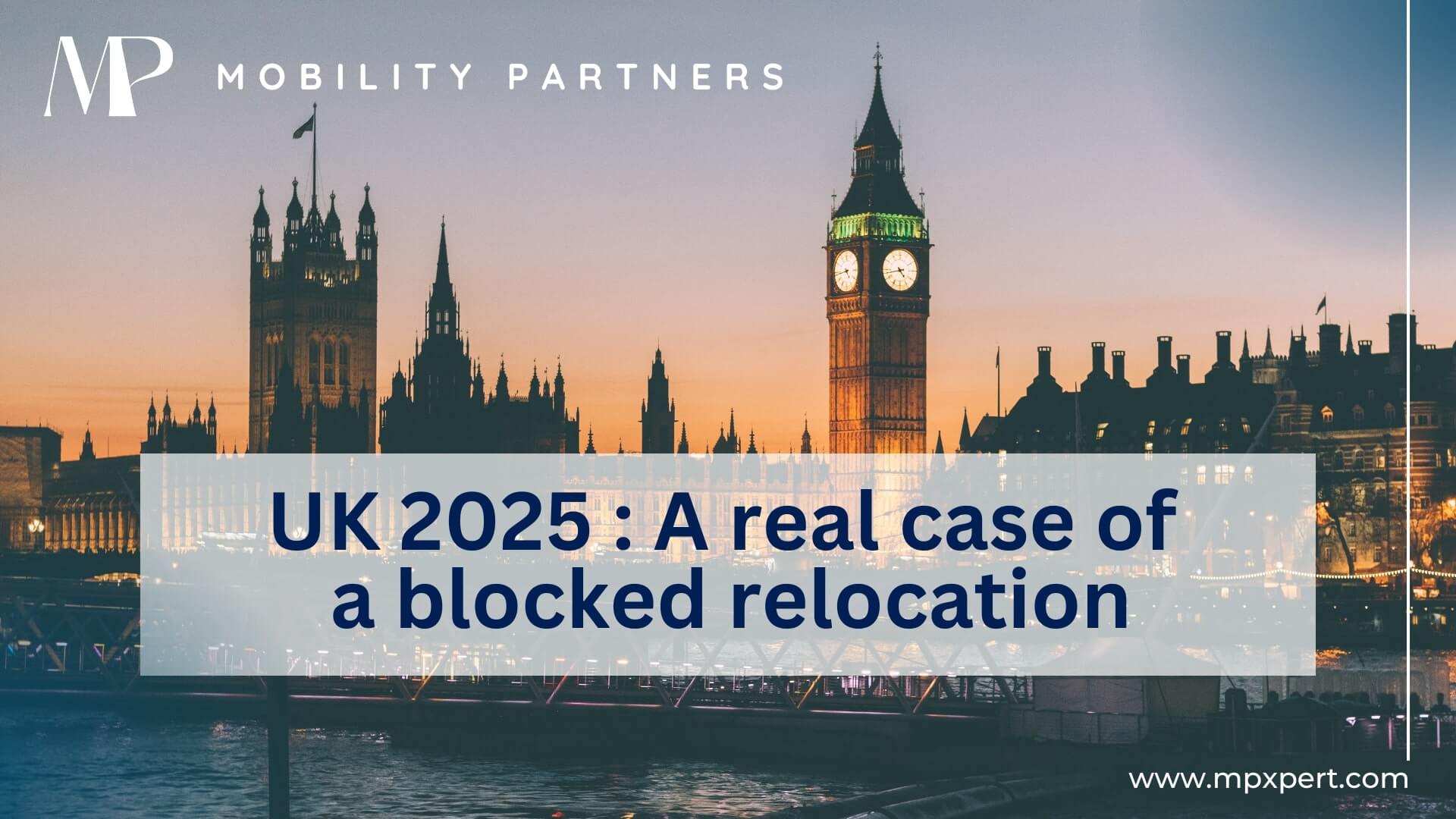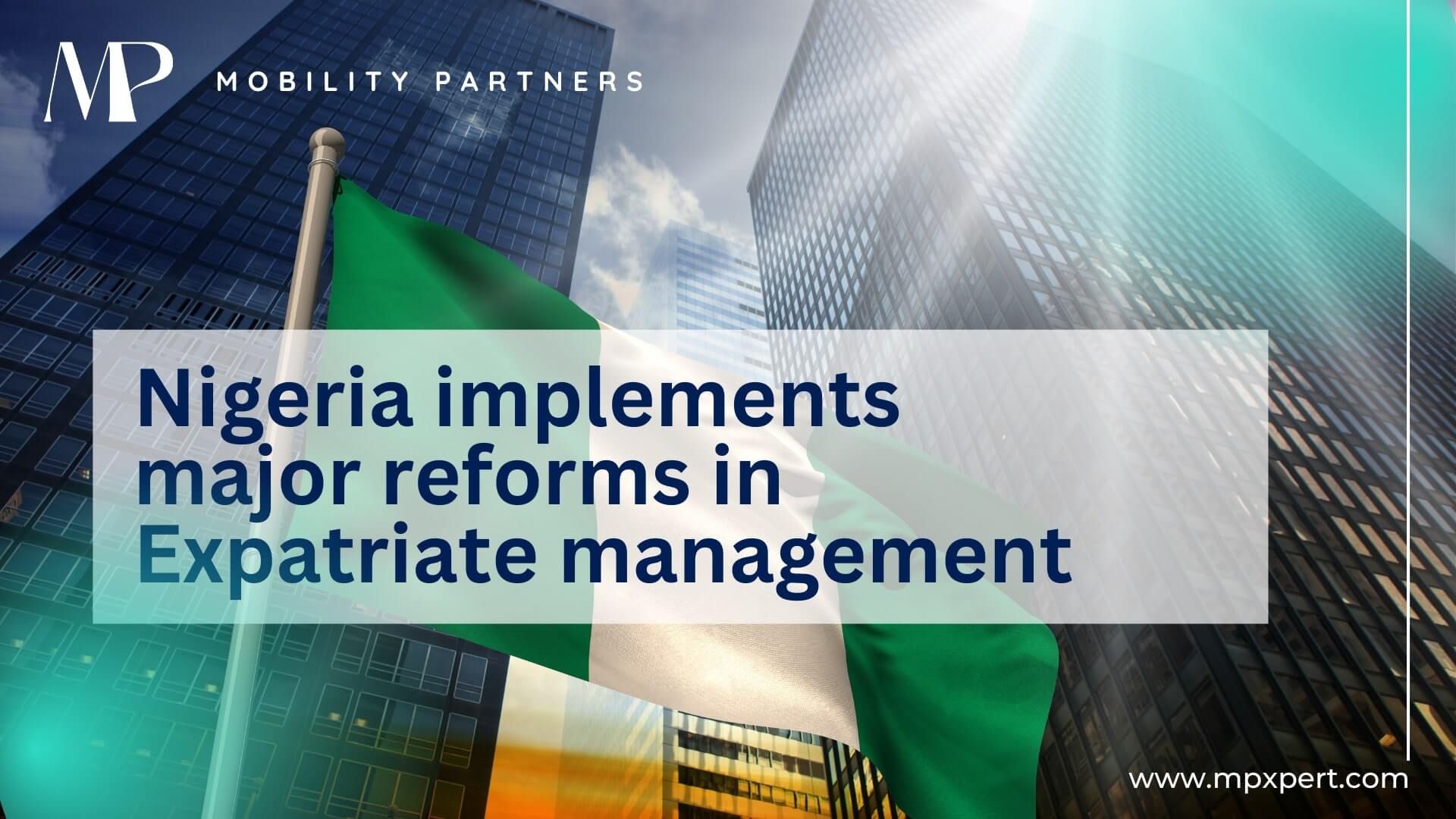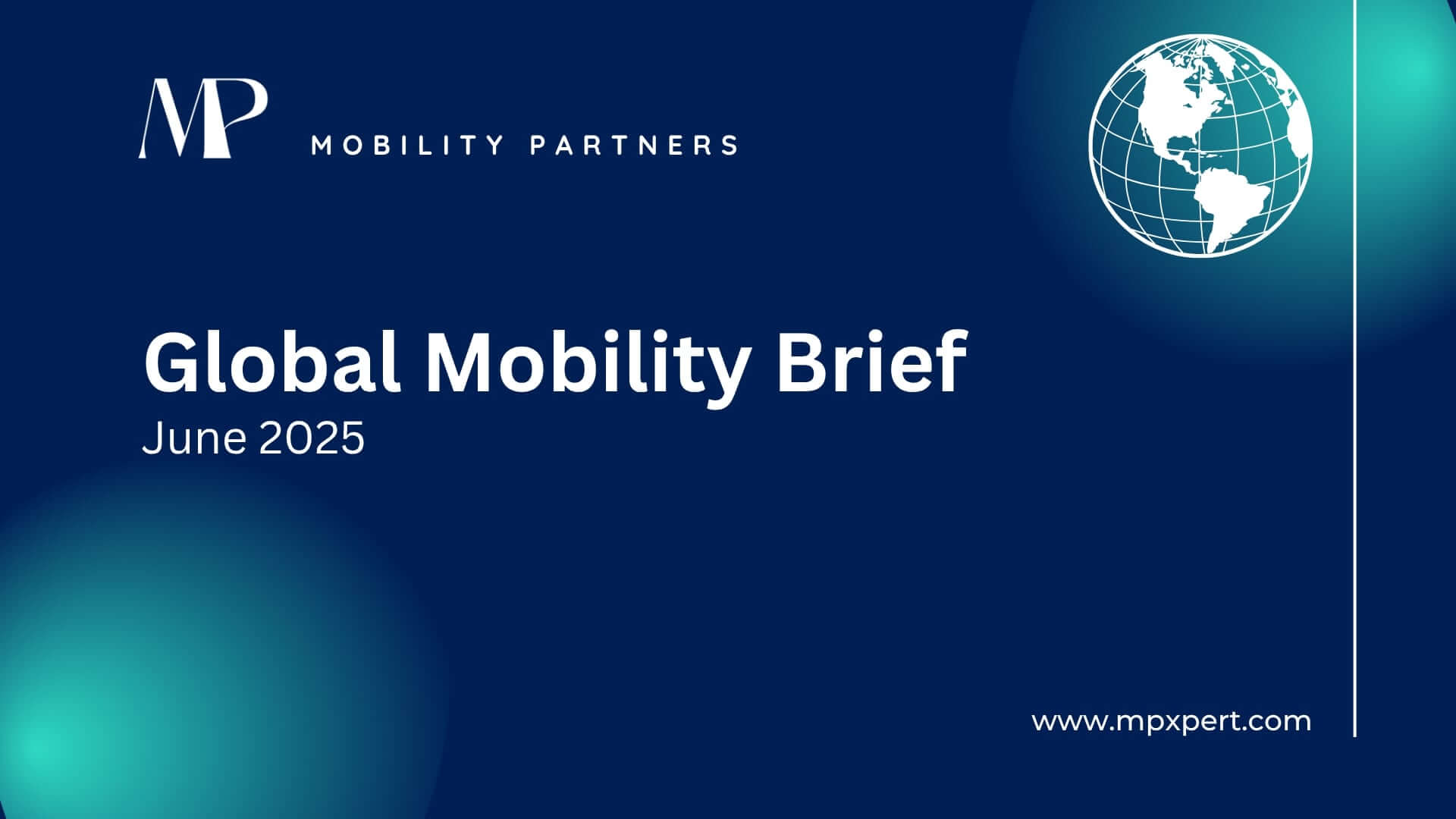Denounce with righteous indignation and dislike men who are beguiled and demoralized by the charms pleasure moment so blinded desire that they cannot foresee the pain and trouble.
Read More🌍 Essential work permit updates for 2025: what you need to know!
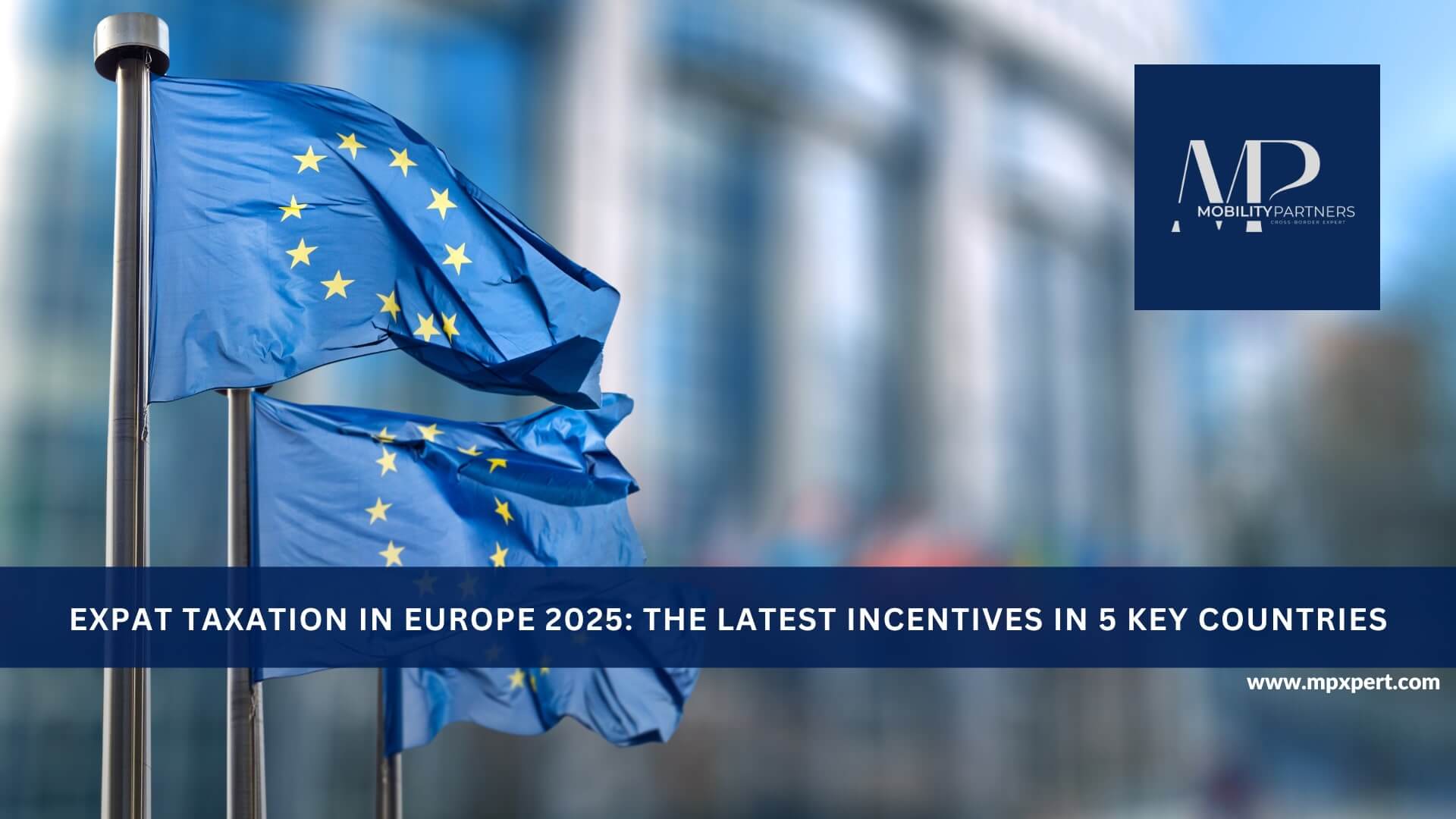
Expat Taxation in Europe 2025: The Latest Incentives in 5 Key Countries
As of March 2025, European nations have continued to refine their tax frameworks to attract expatriate employees, aligning fiscal incentives with labour market demands and OECD guidelines on tax fairness. Policies targeting employees relocating under employment contracts—excluding self-employed or passive income earners—demonstrate technical sophistication in design and implementation. Inspired by Spain’s Beckham Law (Royal Decree 687/2005), which pioneered flat-rate taxation for expatriates, several key developments stand out across Europe, detailed below with specific thresholds, conditions, and regulatory underpinnings.
- Spain’s Beckham Law: Expanded Scope and Adjusted Parameters
Spain’s Special Tax Regime for Inbound Expatriates, commonly known as the Beckham Law, continues to offer favourable tax treatment to expatriates. As of 2024, eligible individuals are taxed at a flat rate of 24% on Spanish-sourced income up to €600,000, with income exceeding this threshold taxed at 47%. Recent modifications have broadened eligibility to include digital nomads with employment contracts from foreign companies, enhancing Spain’s appeal to remote workers.
- Portugal’s Revised Non-Habitual Resident (NHR) Regime: Employment Focus
Portugal’s NHR scheme, originally enacted under Decree-Law 249/2009, has undergone significant changes. The original NHR regime was terminated on December 31, 2023. However, a transitional regime allows certain individuals to still benefit, provided they meet specific criteria, such as having initiated residency procedures before the cutoff date. The new regime, often referred to as NHR 2.0 or IFICI, focuses on attracting highly qualified professionals in scientific research and innovation. Eligible individuals benefit from a 20% flat tax rate on Portuguese-sourced employment income for ten years. Foreign-sourced income is generally exempt but must be reported. Notably, foreign pensions under this regime are taxed at progressive rates, and investment income from blacklisted jurisdictions faces a 35% flat tax.
- Ireland’s Special Assignee Relief Programme (SARP): Incentivizing High-Earning Expatriates
Ireland offers the Special Assignee Relief Programme (SARP) to attract highly skilled expatriate employees. Under SARP, 30% of income over €100,000 is exempt from income tax, available for up to five consecutive tax years. To qualify, employees must arrive in Ireland before the end of 2025, work for a company incorporated and tax resident in a country with which Ireland has a double tax treaty, hold an Irish Personal Public Service Number (PPSN), and have a minimum base salary of €100,000 per annum (excluding benefits in kind, bonuses, and stock options).
- Germany’s Proposed Tax Incentives for Expatriate Employees: Attracting Global Talent
In an effort to address labor shortages and enhance its competitiveness, Germany has proposed tax incentives aimed at attracting skilled expatriate employees. As of August 2024, the German government plans to implement a tax reduction ranging from 10% to 30% for foreign skilled workers during their first three years of employment in Germany. This initiative is designed to attract 400,000 skilled workers annually to fill critical gaps in sectors such as hospitality, nursing, and education.
Additionally, the German government has introduced tax relief measures that will benefit expatriate employees. The basic personal income tax allowance is set to increase to €12,084 in 2025, ensuring that a greater portion of income remains tax-free. Furthermore, the child tax allowance will rise to €9,600 in 2025, providing additional support for expatriate families.
These proposed measures reflect Germany’s commitment to creating a more attractive environment for expatriate professionals by reducing their initial tax burden and supporting their integration into the German workforce.
- Italy’s Impatriate Tax Regime: Incentives for Inbound Workers
Italy offers a favourable tax regime for expatriates, known as the “Expatriate Tax Regime,” to attract skilled workers. As of 2025, individuals who transfer their tax residence to Italy can benefit from a 50% reduction on their employment or self-employment income earned in Italy, up to a limit of €600,000 per year. This benefit can increase to 60% if certain conditions are met.
To qualify, individuals must not have been tax residents in Italy for the two tax periods prior to relocation and must commit to residing in Italy for at least two years. The regime is applicable for five years, with a possible extension if specific conditions, such as purchasing residential property in Italy or having dependent children, are met.
Please note that the information provided here is for general informational purposes only and does not constitute legal or tax advice. Tax laws and regulations are subject to change and can vary based on individual circumstances. Therefore, it is crucial to consult official government sources or seek personalised advice from qualified tax professionals to ensure compliance with current tax obligations.

